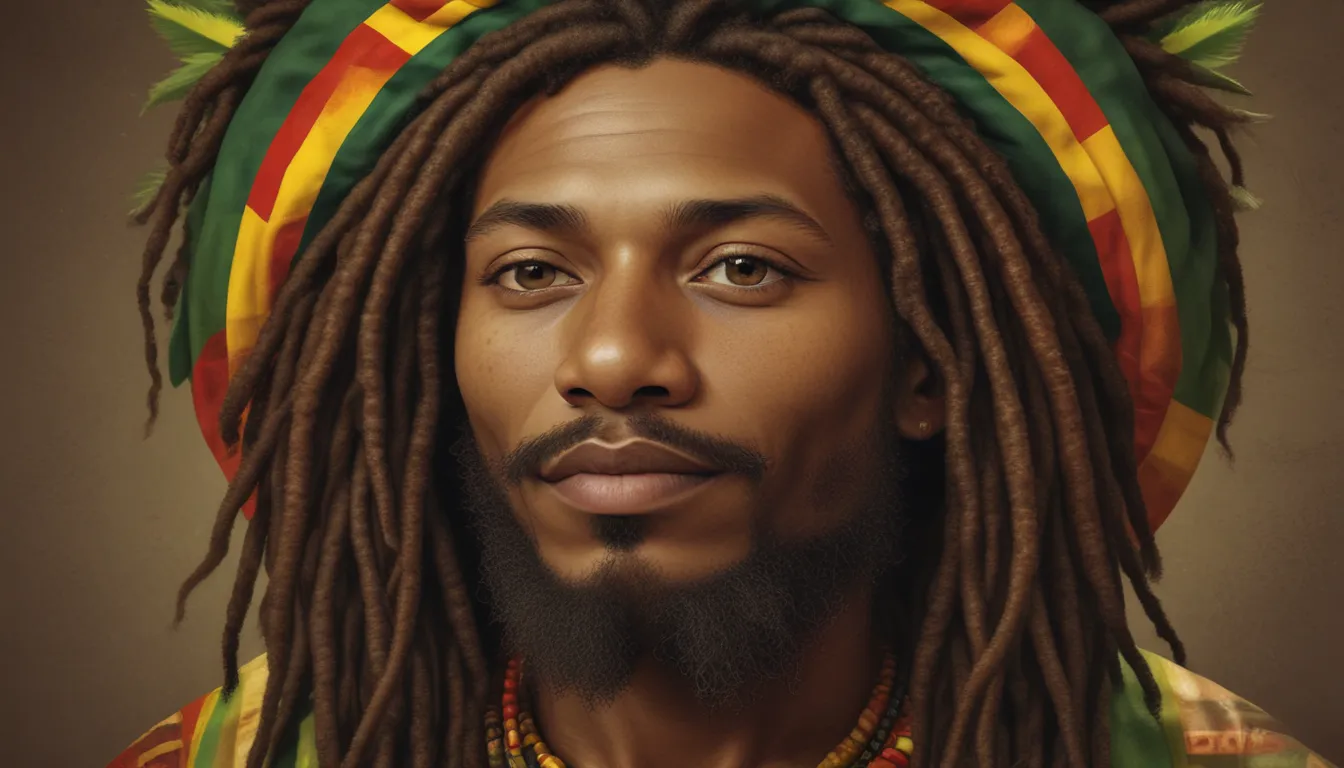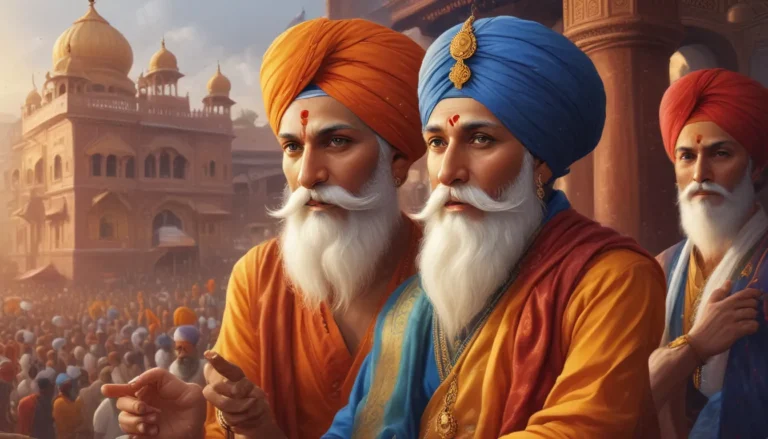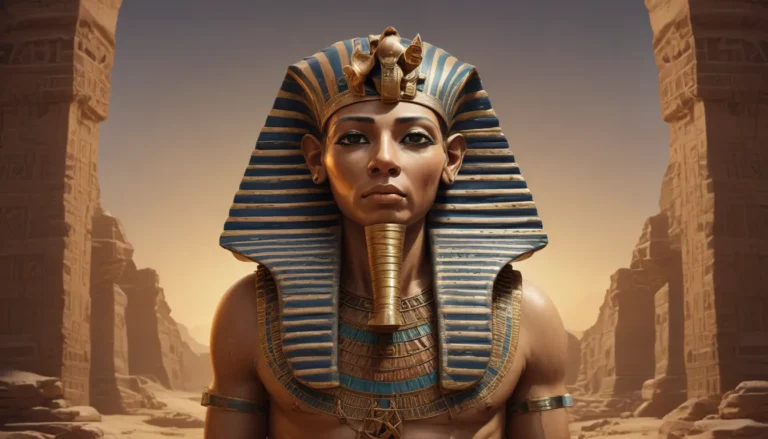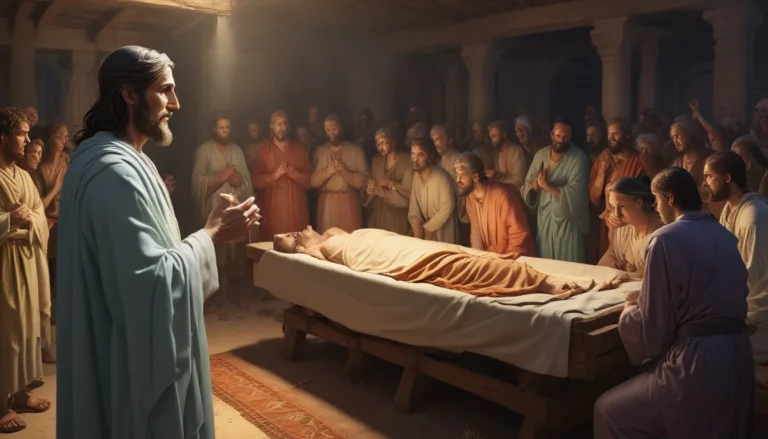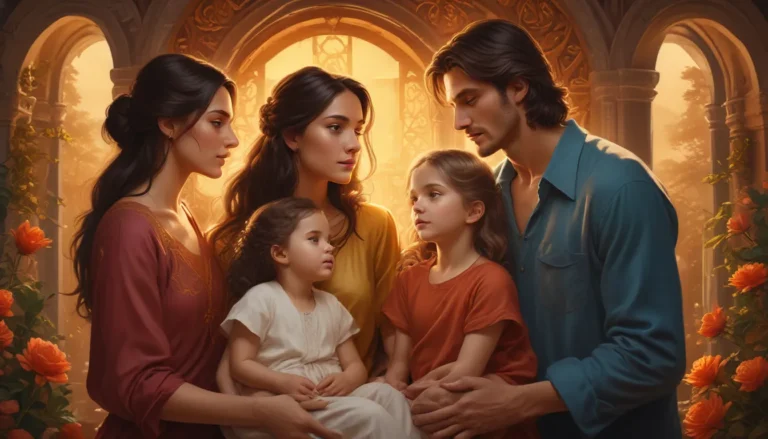The images in our articles may not match the content exactly. They are used to grab your attention, not to show the exact details in the text. The images complement the text but do not replace it.
Welcome to the enlightening world of Rastafarianism, a religious and cultural movement that has captured the curiosity and interest of people around the globe. Originating in Jamaica in the 1930s, Rastafarianism is not just a religion but also a way of life and a powerful social and political movement. In this comprehensive article, we will delve into 19 fascinating facts about Rastafarianism, shedding light on its origins, principles, and impact on society. Whether you are a curious explorer or seeking to deepen your understanding, join us on this journey to uncover the vibrant and meaningful aspects of Rastafarianism.
Key Takeaways
- Rastafarianism, a global movement, promotes natural living, African identity, and self-determination. It embraces reggae music, dreadlocks, and the use of marijuana as part of its religious practices.
- Rastafarianism is rooted in the teachings of Marcus Garvey and heavily influenced by Ethiopian culture. It emphasizes repatriation to Africa, the significance of the Lion of Judah, and the sacredness of Mount Zion.
Origin and Beliefs
Rastafarianism is a religious movement that emerged in Jamaica in the 1930s. It is rooted in the teachings of Marcus Garvey and is strongly influenced by Ethiopian culture and the Rastafari belief in the divinity of Emperor Haile Selassie I.
The Power of Dreadlocks
One of the most recognizable symbols of Rastafarianism is the wearing of dreadlocks. It is believed that dreadlocks symbolize the mane of a lion, representing the strength and majesty of the Rastafarian community.
Connection to Marijuana
Rastafarians consider the use of marijuana, or ganja, as a holy sacrament. They believe that it brings a person closer to the divine and helps facilitate spiritual enlightenment.
Nyabinghi Drumming and Chanting
A significant aspect of Rastafarian religious rituals is the use of nyabinghi drums and chanting. These rhythmic drumming sessions create a spiritual atmosphere and are often accompanied by the singing of biblical psalms.
Ital Food
Rastafarian dietary practices emphasize the consumption of natural and unprocessed foods, known as “ital” food. This includes fruits, vegetables, grains, and legumes, while meat and processed foods are usually avoided.
The Significance of Lion of Judah
The Lion of Judah, a symbol of Emperor Haile Selassie I, holds great importance in Rastafarianism. It represents strength, power, and the rightful lineage of King Solomon and Queen Makeda.
Repatriation to Africa
Rastafarians often express the desire to return to Africa, which they see as their spiritual homeland. They believe in the concept of repatriation and seek to reconnect with their African roots.
The Importance of Natural Living
Rastafarianism promotes a natural and holistic way of life, encouraging individuals to be in harmony with nature and to respect the environment. This includes sustainable practices and living in harmony with the Earth.
Reggae Music and Bob Marley
Rastafarianism played a crucial role in the development of reggae music, which became a powerful vehicle for spreading their message. Bob Marley, one of the most iconic reggae artists, helped popularize Rastafarianism globally.
The Dreaded “Babylon”
Rastafarians often refer to the oppressive system and authorities as “Babylon.” They perceive Babylon as a corrupt and unjust society that goes against the principles of Rastafarian teachings.
Embracing African Identity
Rastafarianism promotes a strong sense of African identity and encourages individuals to embrace their African heritage. This includes embracing African languages, traditions, and customs.
The Sacredness of Mount Zion
Mount Zion is regarded as a sacred place in Rastafarian beliefs, symbolizing a utopian land of peace, freedom, and unity. It represents the ultimate goal of Rastafarians and their desire for a better world.
Self-Reliance and Self-Determination
Rastafarianism encourages individuals to be self-reliant and independent, both economically and spiritually. It promotes self-determination and the empowerment of individuals within the Rastafarian community.
Livity: Living a Life of Righteousness
Rastafarians strive to live a life of righteousness, known as “livity.” This involves following moral principles, respecting others, and striving for social justice and equality.
Redemption and Liberation
Rastafarianism teaches that the ultimate redemption and liberation of black people will come through the overthrow of oppressive systems and the establishment of a just society.
The Role of Haile Selassie I
Rastafarians consider Emperor Haile Selassie I as the divine representation of God on Earth. They believe he is the promised Messiah, fulfilling the prophecies of Marcus Garvey and the biblical references of the Lion of Judah.
The Influence of African Spiritual Traditions
Rastafarianism draws heavily from African spiritual traditions such as Nyabinghi, Nyahbinghi, and the Ethiopian Orthodox Church. These influences shape the rituals, beliefs, and practices of Rastafarianism.
Rastafarian Symbols and Colors
Rastafarianism utilizes various symbols and colors to represent their beliefs and identity. The colors red, gold, and green are often associated with Rastafarianism, symbolizing the bloodshed, majesty, and lush landscapes of Africa.
Rastafarianism as a Global Movement
Rastafarianism has transcended its Jamaican roots and has become a global movement. It has followers and adherents in various parts of the world, spreading the Rastafari ideology of peace, love, and unity.
Conclusion
In conclusion, Rastafarianism is a captivating and distinct religious movement with a rich history and profound impact on society. From its roots in Jamaica to its global influence, Rastafarianism offers a holistic approach to spirituality deeply rooted in African and Caribbean heritage. The 19 facts highlighted in this article provide a glimpse into the beliefs, practices, and culture of Rastafarianism, inviting further exploration and study for those intrigued by this vibrant faith.
FAQs
- What is the significance of dreadlocks in Rastafarianism?
Dreadlocks symbolize spiritual dedication and a natural way of life, representing the Rastafarian’s connection to their roots.
- Do all Rastafarians worship Haile Selassie I?
While most Rastafarians revere Haile Selassie I as a divine figure, not all followers believe in his divinity, focusing more on the movement’s principles.
- Is reggae music integral to Rastafarianism?
Yes, reggae music plays a crucial role in expressing the spiritual, social, and political beliefs of Rastafarianism.
- Are Rastafarians vegan?
While not a strict requirement, many Rastafarians adhere to a vegetarian or vegan lifestyle based on respect for all life.
- Can anyone join Rastafarianism?
Rastafarianism is inclusive and welcomes individuals from all backgrounds to embrace its teachings and principles.
Rastafarianism offers a unique and compelling perspective on spirituality, culture, and social justice. As you explore the depths of this vibrant movement, may you gain a deeper understanding and appreciation for the rich tapestry of beliefs and practices that define Rastafarianism.
